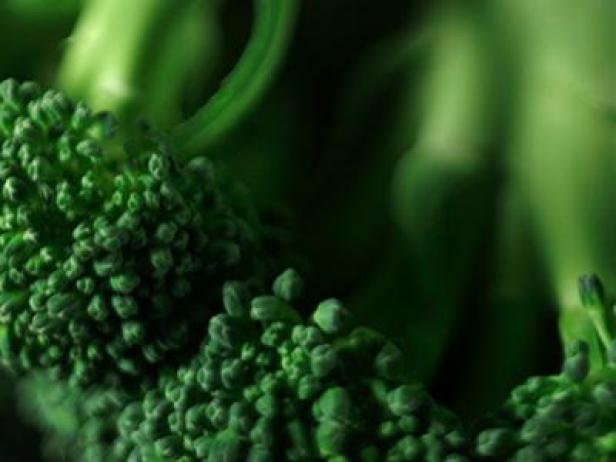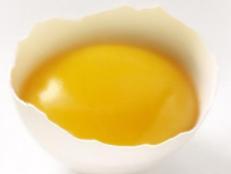Nutrient to Know: Vitamin C

Which has more vitamin C: a cup of broccoli or an orange? Get the answer and learn more about the benefits of this vitamin.
Vitamin C (a.k.a. ascorbic acid) is one of many water-soluble vitamins. Because our bodies don't store water-solubles well, you should make vitamin C-rich foods part of your everyday diet to get a steady supply. You may also spot "ascorbic acid" in the ingredients on some packaged foods -- it’s sometimes added to foods to help them maintain freshness and color.
Vitamin C forms collagen, a fibrous material that makes our body's connective tissue and keeps skin, hair and nails vibrant and strong. This vitamin also increases your body’s absorption of iron. If you need to get more iron, try mixing vitamin C-rich foods with iron-rich foods to make sure you get the best of both.
Vitamin C also acts as an antioxidant to decrease inflammation and prevent damage to your body's cells. Ever spritz cut-up apples or avocados with lemon juice to keep them fresh? It's the same damage-fighting vitamin C in citrus juice that helps slow your apples' browning.
You can easily get your vitamin C from whole foods, but many people take supplements, which are safe in small amounts. Anything over 1,000 milligrams can cause stomach upset and possibly kidney stones, so don't overdo it.
To answer my teaser question, a single cup of broccoli has more vitamin C than a medium orange, and a medium red pepper has more than twice what the orange has! Eat any of the following foods, and you'll be able to get the recommended 60 milligrams every day.


































